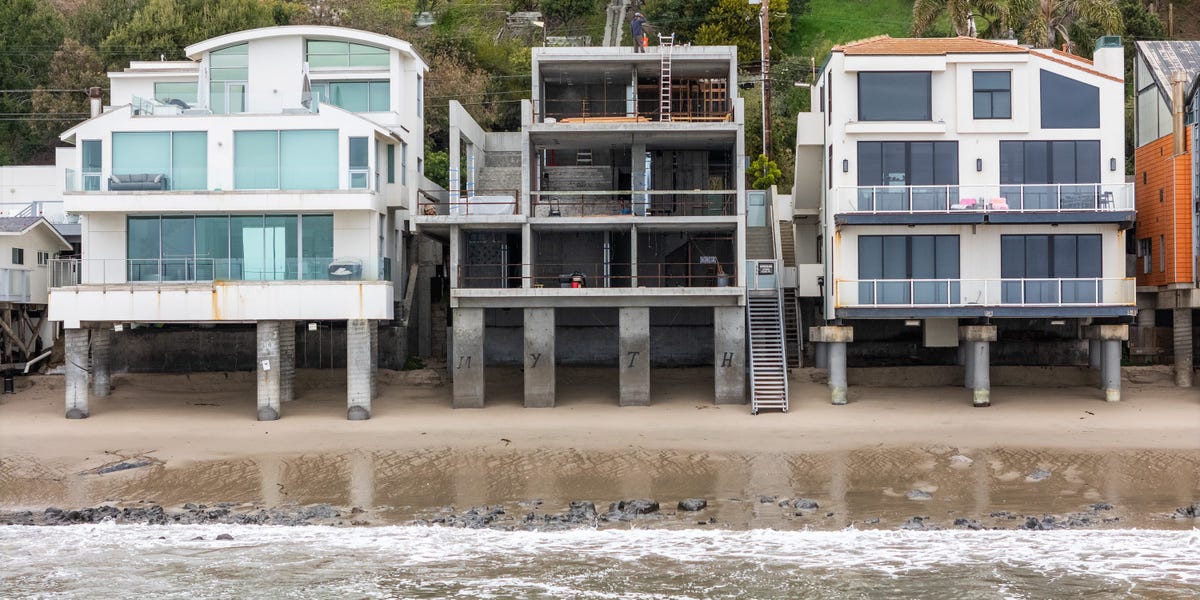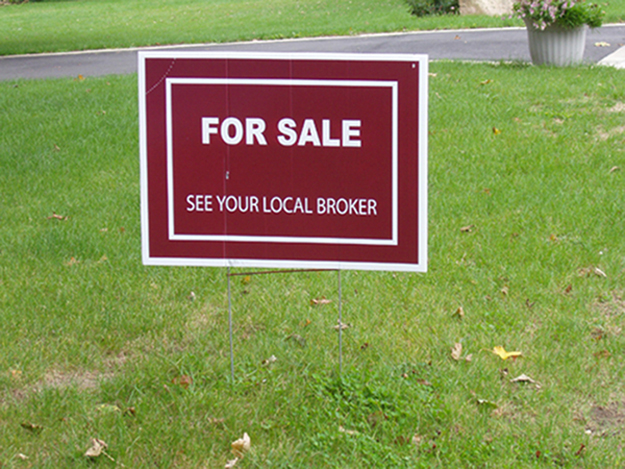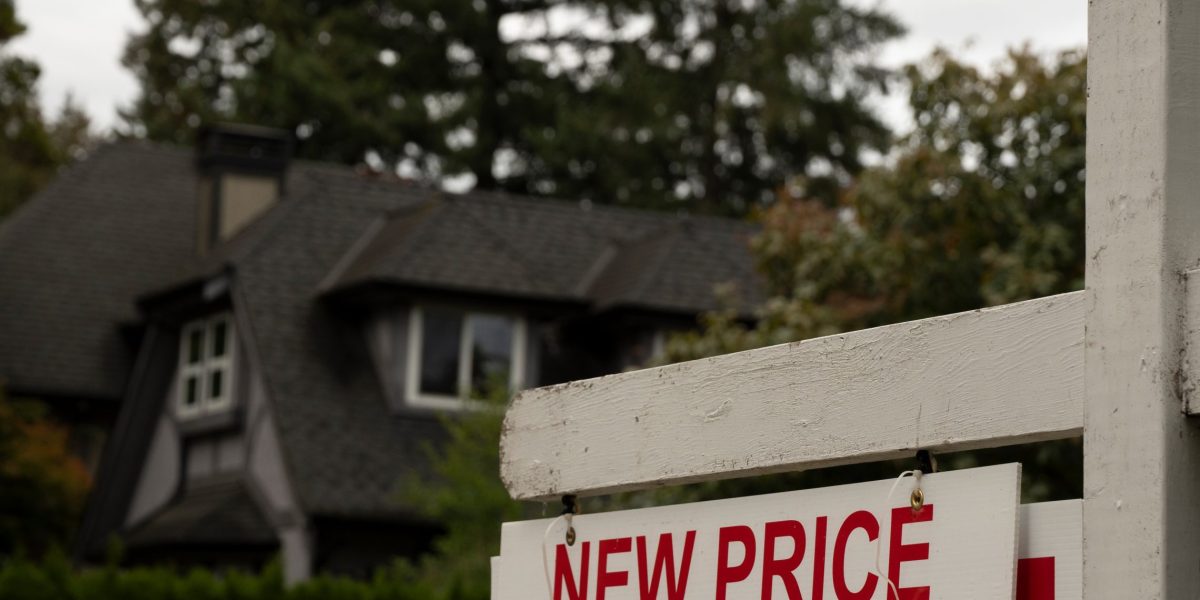N
ationwide, an increasing number of homebuyers are withdrawing from contracts as the market tilts in their favor, yet Seattle remains one of the most steadfast buyer markets in the country. Redfin’s analysis of August purchase agreements shows that Seattle’s cancellation rate—10% of pending sales in King and Snohomish counties—stays below the national average of 15.1%, the highest August rate since 2017. The city’s figure is only slightly higher than the 9.7% recorded a year earlier.
Other tech‑heavy metros with affluent populations also report low drop‑out rates. New York City’s rate sits at 9.3%, unchanged from last year, while San Francisco’s is 5.9%, up from 3.6%. In contrast, Southern and Floridian markets experience the most cancellations, hovering around 20%. Atlanta leads the pack with a 21% failure rate, a rise from 18% a year ago.
Several explanations account for Seattle’s resilience. Chief economist Jeff Tucker of Windermere notes that buyers in the region are more likely to possess the financial resources and literacy needed to close deals. They are less prone to financing hiccups and more often come pre‑approved for mortgages, “shifting risk and uncertainty out of the pending phase and into the upfront stage,” Tucker explains. Moreover, Seattle still operates as a seller’s market; buyers routinely waive contingencies to stay competitive, especially for single‑family homes. In other parts of the country, the market has softened, giving buyers more leverage. Higher inventory, elevated interest rates, a sluggish job market, and general economic uncertainty have made buyers more cautious, prompting them to add contingencies—conditions that allow them to exit a contract, such as financing issues, low appraisals, or inspection problems.
The most common cause of deal abandonment, according to Redfin, is an unfavorable inspection. A second frequent reason is the buyer’s inability to sell their existing home before purchasing a new one. Ken Graff, a Seattle‑based Coldwell Banker Bain agent who primarily represents sellers, stresses the importance of vetting buyers thoroughly. Over his career, only a handful of buyers have backed out, most involving condominiums. Lenders tend to scrutinize condos more closely than single‑family homes due to shared ownership risks; poor homeowners association (HOA) management can trigger a lender’s withdrawal, as Graff has experienced.
Graff predicts that Seattle’s cancellation rates may eventually align with national trends if the supply of homes continues to climb and lenders, along with some insurers, maintain stringent underwriting standards. “Right now, it’s more critical than ever for HOAs to have their ducks in a row,” he says. Lindsey Gudger, owner and broker of Seattle’s Every Door Real Estate, observes a shift toward more contingencies and a perceived decline in buyer commitment. During the pandemic, Seattle’s cancellation rate hovered between 6% and 8%, but buyers often waived contingencies, leaving little room to back out. As the market swings back in favor of buyers, deals are increasingly laden with strings. “You can wake up and decide you don’t like the color of the sky that day and walk away,” Gudger remarks.















